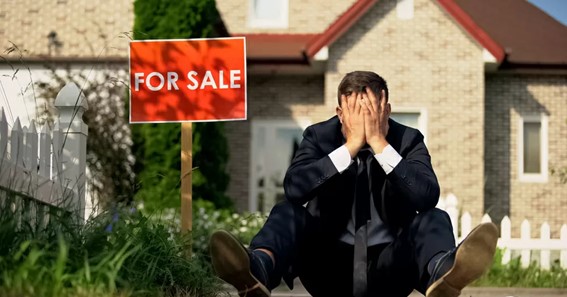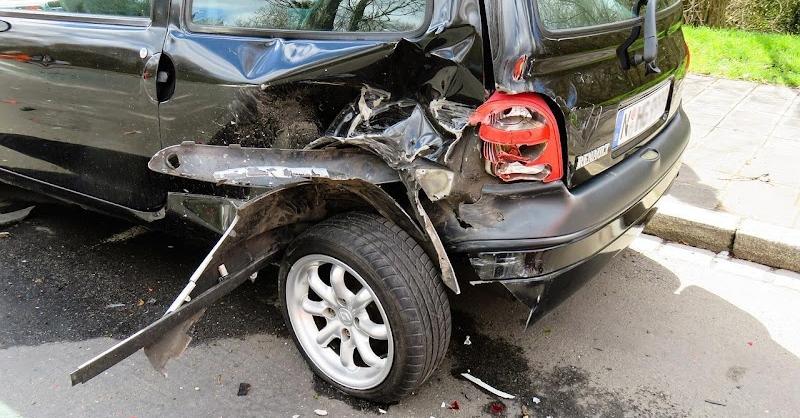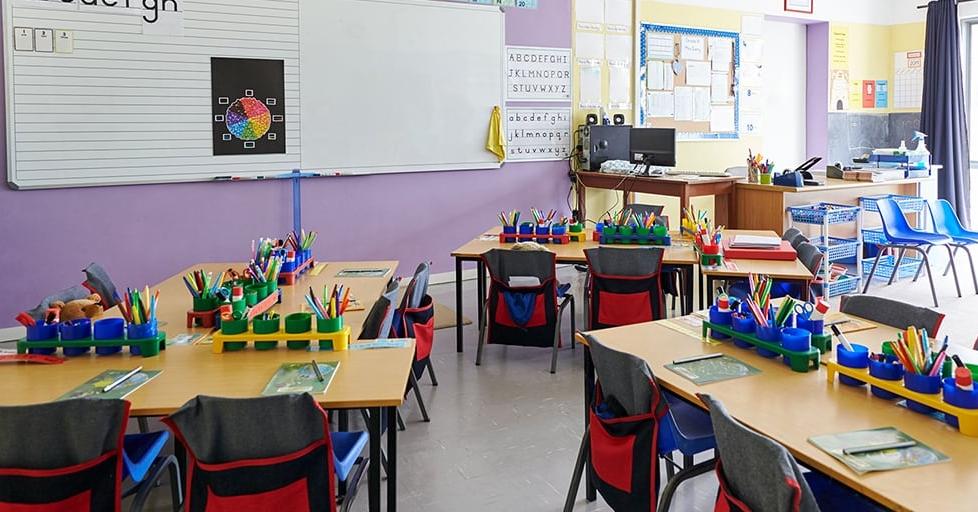When it comes to buying or selling a home, there are many things that could go wrong between the initial offer and closing. Most of these issues can be prevented with proper planning, communication and due diligence. Unfortunately, not all house sales make it to the finish line.
Here are some of the top reasons why house sales fall through.
-
Financing.
One of the most common reasons for a sale falling through is financing issues. Buyers may find that their credit score does not meet requirements for approval or they might have trouble proving sufficient income for loan approval. They may also find out too late that they cannot afford the down payment needed to purchase the home. Sellers should ensure prospective buyers are well-qualified before accepting a bid.
-
Appraisal.
Another common issue is when an appraisal comes in lower than the asking price. This can be a problem for both buyers and sellers, as banks may not lend more money than what was appraised. Sellers should provide as much detail about the home’s features and condition to the appraiser before they arrive so that they can properly assess the value of the home.
-
Inspection.
Unexpected problems found during inspections are another frequent hurdle in closing a deal on a house sale. Issues such as structural damage, infestations, or faulty plumbing can derail a sale if they are too costly to repair or if either party is unwilling to negotiate terms for addressing them. It’s important for sellers to address any known issues prior to listing the home and for buyers to be thorough in their inspection of the property.
-
Wrong Information.
Another common reason why house sales may fall through is due to incorrect information provided by either party. For example, if a buyer’s real estate agent provides inaccurate information on the square footage or room size of the home, it could lead to a failed sale when either party finds out at a later date. It’s important that both parties rely on accurate data from reliable sources during the process.
-
Poor Communication.
Poor communication between buyers, sellers, and real estate professionals is often a cause of failed house sales. Lack of communication can lead to delays in getting paperwork signed or problems with financing or inspections not being addressed in a timely manner. Keeping lines of communication open and responding promptly to inquiries from all parties involved can help ensure the sale moves forward without any major hiccups.
-
Contingency Clauses.
Buyers and sellers alike should be aware of all the contingencies in place for a particular sale. Contingency clauses can include restrictions, such as requiring that the buyer sell their current home before the purchase can go through, or stipulations about closing costs. If any contingency is not met, it could result in a failed sale.
-
Buyer’s Remorse.
Finally, buyer’s remorse is another factor that can derail a sale. After the initial excitement of making an offer wears off, buyers may start to have second thoughts or become overwhelmed by the process. To avoid this issue, it’s important for buyers and sellers to take their time and fully understand all aspects of the deal before committing to it.
-
Timing.
Finally, timing can be an issue when it comes to house sales. If the sale takes too long to close, either party may lose interest or decide they don’t want to continue with the process. It’s important for buyers and sellers to plan accordingly and be aware of potential delays so that the closing process can go as smoothly as possible.
By understanding some of the most common reasons why house sales fall through, buyers and sellers can take preemptive measures to ensure that their transactions are successful. From verifying financing qualifications to confirming details with accurate sources, being thorough in every step of the process can help avoid costly and time-consuming delays down the line.



